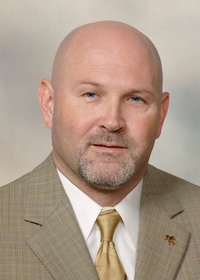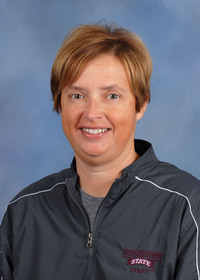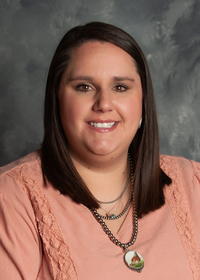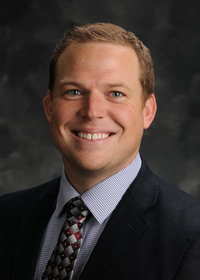Agronomy Projects for 4-H and Youth
Young people interested in agronomy, plant science, agriculture, or science have new opportunities to learn valuable career-oriented skills and techniques with a trio of agronomy projects. Eight- to 18-year-olds are eligible to participate in one or more of the programs.
What is agronomy?
It is the science of studying field-crop production and managing the soil to grow food (for humans and livestock) and fiber to make clothes and other products. Agronomists study crops, soils, ecology, and more. The American Society of Agronomy lists eight areas of interest to agronomists: (1) soil properties; (2) how soil interacts with a crop; (3) nutrient (fertilizer) needs of a crop; (4) when and how to apply nutrients; (5) how crops develop; (6) how climate affects crops; (7) how to control weeds, insects, and diseases; and (8) how to grow crops profitably while protecting the environment. Major agronomic crops in Mississippi are soybeans, corn, cotton, rice, and wheat.
Three projects are available, and you can participate in one, two, or all three projects. The projects are Youth Agronomy Day Camp, Agronomy Bowl, and Agronomy Science Experiments.
Agronomy Day Camp
Day camps are hosted at Mississippi Agricultural and Forestry Experiment Station branches or similar locations. The camps allow 12- to 18-year-olds to get a realistic feel for many careers in agronomy and other agricultural disciplines. Camps will have a formal classroom setting with professionals discussing corn, cotton, and soybeans (Figure 1). Agronomic discussions will include topics such as crop production, physiology, nutrient management, crop breeding, and integrated pest management strategies to control insects and diseases. Participants will also learn how genetically modified organisms (GMOs), unmanned aerial vehicles (UAVs or drones), and water-quality management affect agronomic practices.

Campers will tour a branch experiment station or research farm to receive hands-on training in production agriculture (Figure 2). UAVs will be available to fly, allowing participants to learn how drones can be used to scout crops from the sky.


Agronomy Bowl Competition
This team contest is restricted to senior-age 4-H members. For those interested in agronomy or related fields, this is a great opportunity to learn important aspects of the many disciplines that agronomists use each day. Each county team will be mentored by a coach—either an Extension agent or a certified volunteer. A study guide available from your local agent contains many of the questions used during the Agronomy Bowl. In a bowl competition, teams will “buzz” in to answer questions; the quickest buzzer gets to answer first. Questions will be true/false, multiple choice, and fill in the blank. Teams should practice using the study guide in mock contests. But remember: You must be quick!
The Agronomy Bowl is a great way to form friendships, learn with people who share similar interests, and prepare your résumé for college and beyond.
Agronomy Science Experiments
If you like science or agriculture, this is a great project to participate in. These are individual science projects you conduct at home, and they are open to everyone between 10 and 18 years old. We supply the seeds, pots, soil media, and other necessary supplies, and you supply the brain power and labor (Figure 3). First, you will learn about the scientific method (the process used to conduct valid, unbiased research). Next, you decide what you want to research and develop a hypothesis. A hypothesis is an idea proposed for the sake of argument so that it can be tested to see if it might be true. After forming your hypothesis, determine how to find the answer. Research Tip: Sometimes a research project gives an answer you weren’t expecting. This is normal, so don’t be discouraged. Unexpected results still add new information to the scientific world. After forming your hypothesis, you conduct your project, record and review the data, and make conclusions.
You decide what the experiment is and how it should be managed. Do you water the plants? Do you add fertilizer? How deeply do you plant seeds? At the end of your project, write a report explaining what you did, why you did it, and what the results are. Submit your report to the project leader. Reports will be judged, and winners receive a prize honoring their hard work. Extension agents are available to assist you, but this is your project so think big and think outside the box. Have fun with it.

Publication 3595 (03-24)
By Bill Burdine, PhD, Extension Specialist II, North Mississippi Research and Extension Center; Charlie Stokes, PhD, Area Agronomy Agent (retired), Northeast Region Extension; Gina Wills, Extension Agent IV, Union County; and Laura Reed, Extension Agent Extension Agent I, Lee County
The Mississippi State University Extension Service is working to ensure all web content is accessible to all users. If you need assistance accessing any of our content, please email the webteam or call 662-325-2262.







